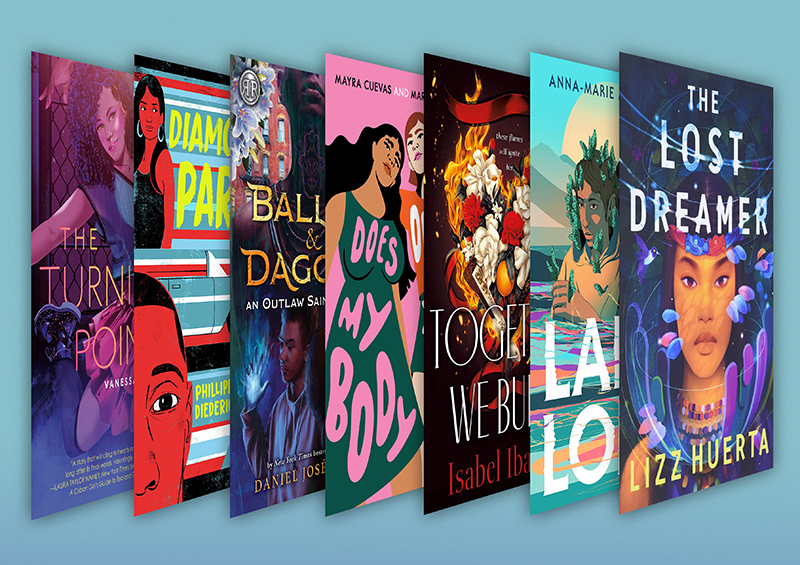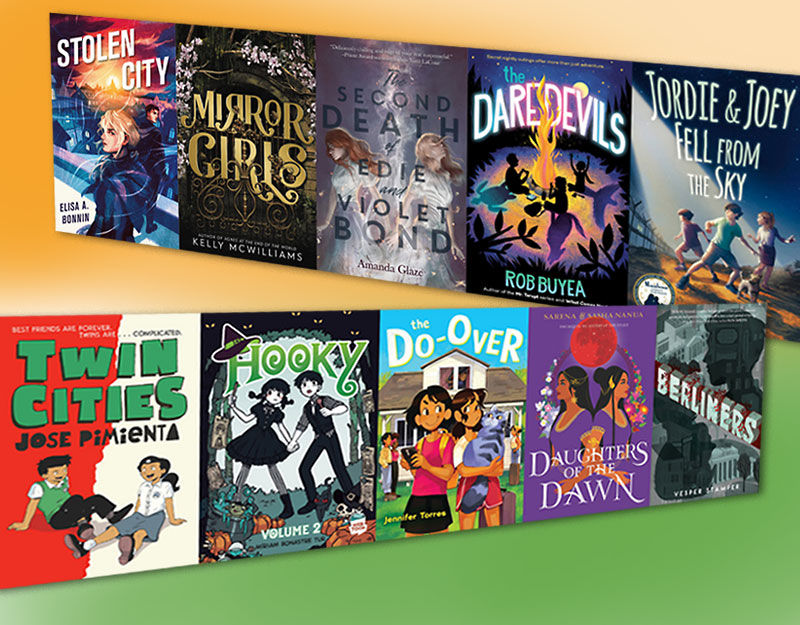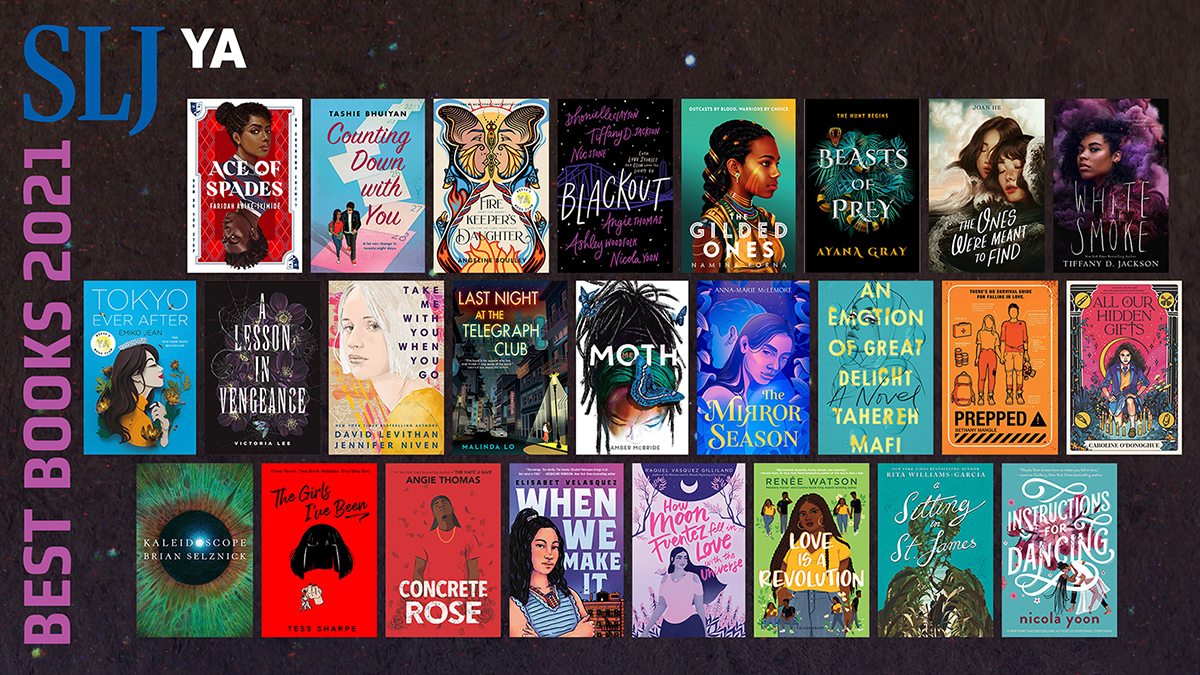Blending urgency and hope in middle-grade nonfiction, a guest post by Nora Nickum
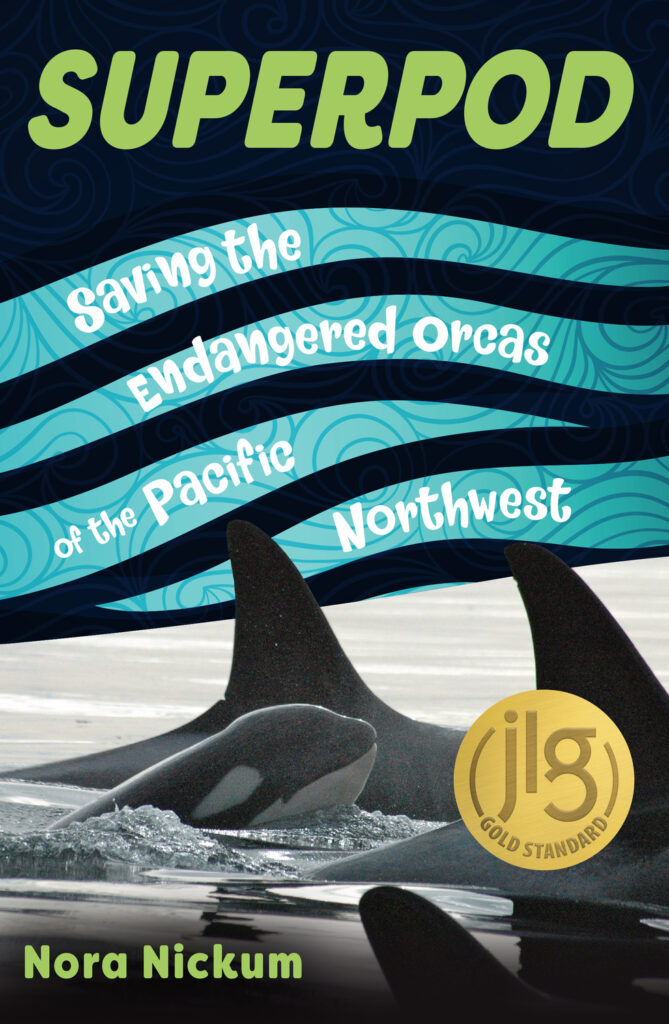
Some of my happiest and most vivid childhood memories are of watching Southern Resident orcas from the shores of San Juan Island, Washington, where I visited my grandparents every summer. Sound travels easily over water, and the whoosh of air from the orcas’ blowholes would often be my first clue they were arriving. Then, if I was lucky, they’d swim close to shore as they foraged for salmon, and perhaps breach out of the water or slap their tails before disappearing around the next rocky point.
In the middle-grade book Superpod: Saving the Endangered Orcas of the Pacific Northwest, I wanted to convey that joy and magic to readers and introduce them to some of the 73 remaining Southern Resident orcas, who all have names (I’m particularly fond of Blackberry and Echo). We have a lot in common with these whales, surprisingly: we make friends, we like to play, we babysit, we share food, we grieve. Unfortunately, today, this population of orcas is struggling to avoid extinction, because there’s not enough salmon for them to eat, the waters are laden with toxic pollution, and boat noise and disturbance makes it hard for them to communicate with each other and echolocate to find prey. But there are many people who are working hard to address those problems and help these orcas recover. I’m lucky to have a job at the Seattle Aquarium where I can work on that every day too: I lead ocean policy work, which means I advocate for public funding and changes in the law to help protect ocean health, restore salmon habitat, reduce underwater noise, and more.
ADVERTISEMENT
ADVERTISEMENT
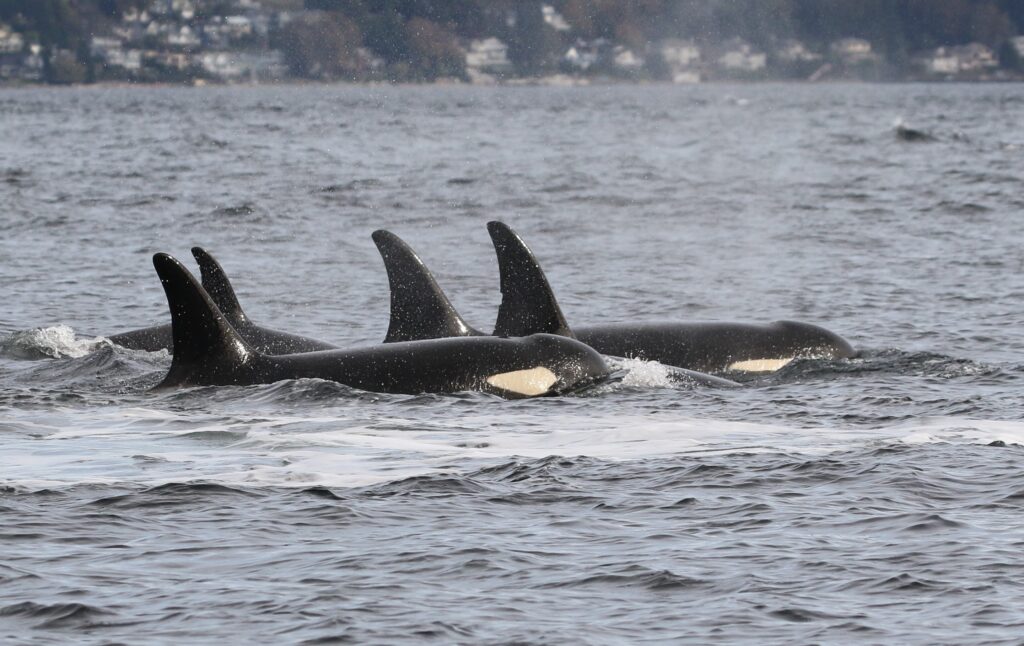
This book is nonfiction, as I started researching and writing it, I knew I wanted to bring all the facts to life and help readers connect to these whales themselves. I wanted to convey the urgency and concern many people feel when looking at the plight of these orcas but still have it be full of hope and optimism. So, how did I decide to approach that?
I knew from the beginning I wanted to highlight real people who are passionate about these orcas and who are using diverse skills to help them. So, in addition to reviewing countless scientific journal articles and other written sources, I interviewed scientists who use scat-sniffing dogs, tags, and drones. I interviewed a member of the Lummi Nation, one of the Indigenous peoples of the Pacific Northwest, whose family has fished for salmon since time immemorial and who is fighting for the return of the only captured Southern Resident orca who is still alive today. I interviewed educators who alert the public when whales are in the area so people can catch a glimpse from shore; veterinarians who tried to save a sick wild orca without getting close; and a teen who painted a mural of these orcas in her middle school classroom to help raise awareness. I included all these voices and more directly in the book, like a conversation with me and the reader.
As I wrote, I worked to balance the feelings of urgency and concern—and stories about terrible times like the wild orca captures for marine parks in the 1960s and 1970s—with plenty of fun stories and facts. Scientists recently discovered these orcas make best friends—how wonderful! The Southern Resident orcas like to play in kelp beds, draping the large algae fronds over their dorsal fins or heads—how silly! They do moves that look like cartwheels and poke their heads up out of the water (“spyhop”), probably to help them get a look around the world above the waves.
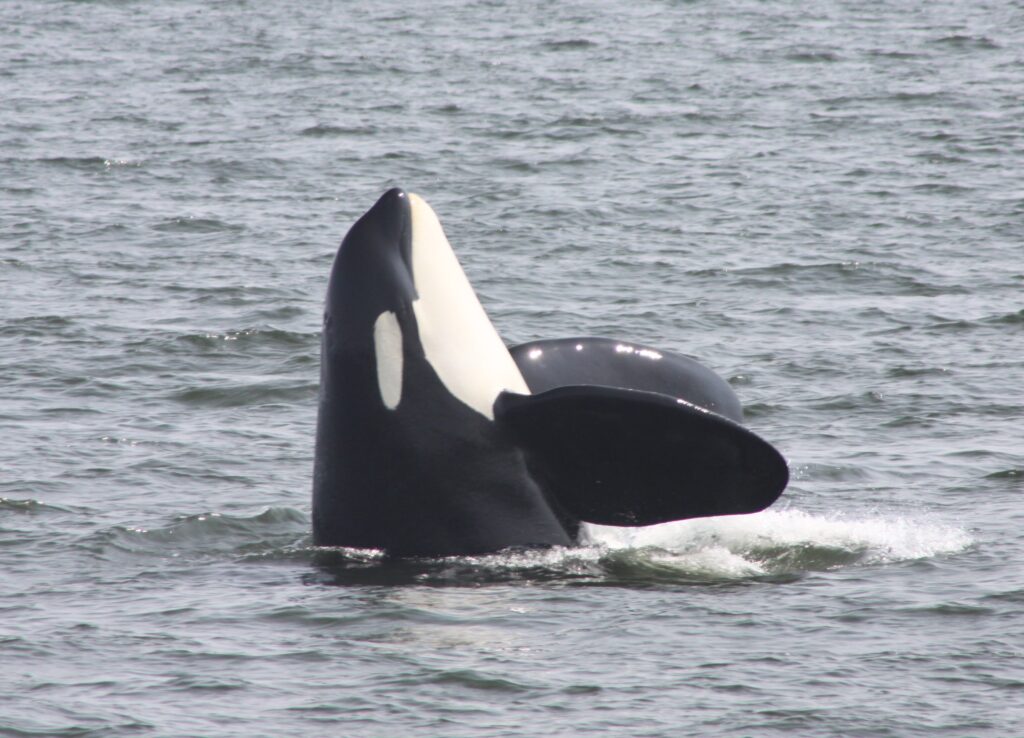
I also asked all my interviewees what gives them hope the Southern Residents can recover. Not one person had to hesitate. They all had numerous reasons for hope, and I do, too. And I found new reasons for hope as I researched this book, like when I visited a river that used to be blocked by a dam and watched salmon—another endangered species and the orcas’ primary food source—laying their eggs in clean, clear waters.
“Superpod,” the title of the book, is the word widely used to describe the occasional gathering of the three Southern Resident pods in a big, joyful family reunion. I also invite readers to join what I call the growing “human superpod” of people helping these orcas recover and thrive. Readers will find many ideas for things they can do today and in their future careers to help endangered species wherever they may live.
The tale is ultimately one of optimism. With all our diverse talents, we can protect this tight-knit community of magnificent, playful, and resilient whales—and the other incredible species and ecosystems on our planet.
Meet the author

ADVERTISEMENT
ADVERTISEMENT
Nora Nickum leads ocean conservation policy work for the Seattle Aquarium. She also writes fiction and nonfiction middle-grade and picture books, often celebrating biodiversity and exploring STEM topics. Her first book, Superpod: Saving the Endangered Orcas of the Pacific Northwest (Chicago Review Press, 2023), for ages 8-12+, is a Junior Library Guild Gold Standard selection. Nora has had several articles and stories published in Cricket, Muse, and Ladybug magazines. She has a master’s degree in public policy from the Harvard Kennedy School. Learn more about her at www.noranickum.com and follow her on Twitter and Instagram at @noranickumbooks.
Teacher’s guide and other resources to accompany Superpod: www.noranickum.com/orca
About Superpod: Saving the Endangered Orcas of the Pacific Northwest
Meet the playful and beloved Southern Resident orcas and the people working to save them from extinction using tactics that vary from medicine and laws to drones and dogs. The endangered Southern Resident orcas whistle and click their way around the waters of the Pacific Northwest in three small family groups while facing boat noise, pollution, and scarce food. Superpod introduces young readers to the experts who are training scat-sniffing dogs, inventing ways to treat sick orcas, quieting the waters, studying whales from the air, and speaking out. Author Nora Nickum also discusses her own work on laws to protect the orcas, tackles the dark history of orca capture for marine parks, and shares moments of wonder. Readers can dive in to help save these majestic orcas with diverse action ideas and to find inspiration for a wide range of future careers.
“Inspiring and compelling” — Booklist
“The orcas of the Salish Sea are the most well-known and among the most endangered whales in the world. Superpod illuminates the lives of these beloved cetaceans with abundant facts and photos and heart and hope. A must read for orca fans of all ages.” —Rosanne Parry,New York Times bestselling authorof A Whale in the Wild
“Nora Nickum weaves the perfect blend of science and emotion to connect her readers to the Southern Resident orcas and to share a behind-the-scenes look at the ongoing effort to save these remarkable animals. A stellar combination of awe-inspiring nature and activism.” —Patricia Newman, Sibert Honor author of Sea Otter Heroes
ISBN: 9781641607933
Publisher: Chicago Review Press
Publication date: 04/11/2023
Age Range: 8 – 12 Years
Filed under: Guest Post
About Amanda MacGregor
Amanda MacGregor works in an elementary library, loves dogs, and can be found on Twitter @CiteSomething.
ADVERTISEMENT
ADVERTISEMENT
SLJ Blog Network
One Star Review, Guess Who? (#202)
Review of the Day: My Antarctica by G. Neri, ill. Corban Wilkin
Exclusive: Giant Magical Otters Invade New Hex Vet Graphic Novel | News
Parsing Religion in Public Schools
ADVERTISEMENT




